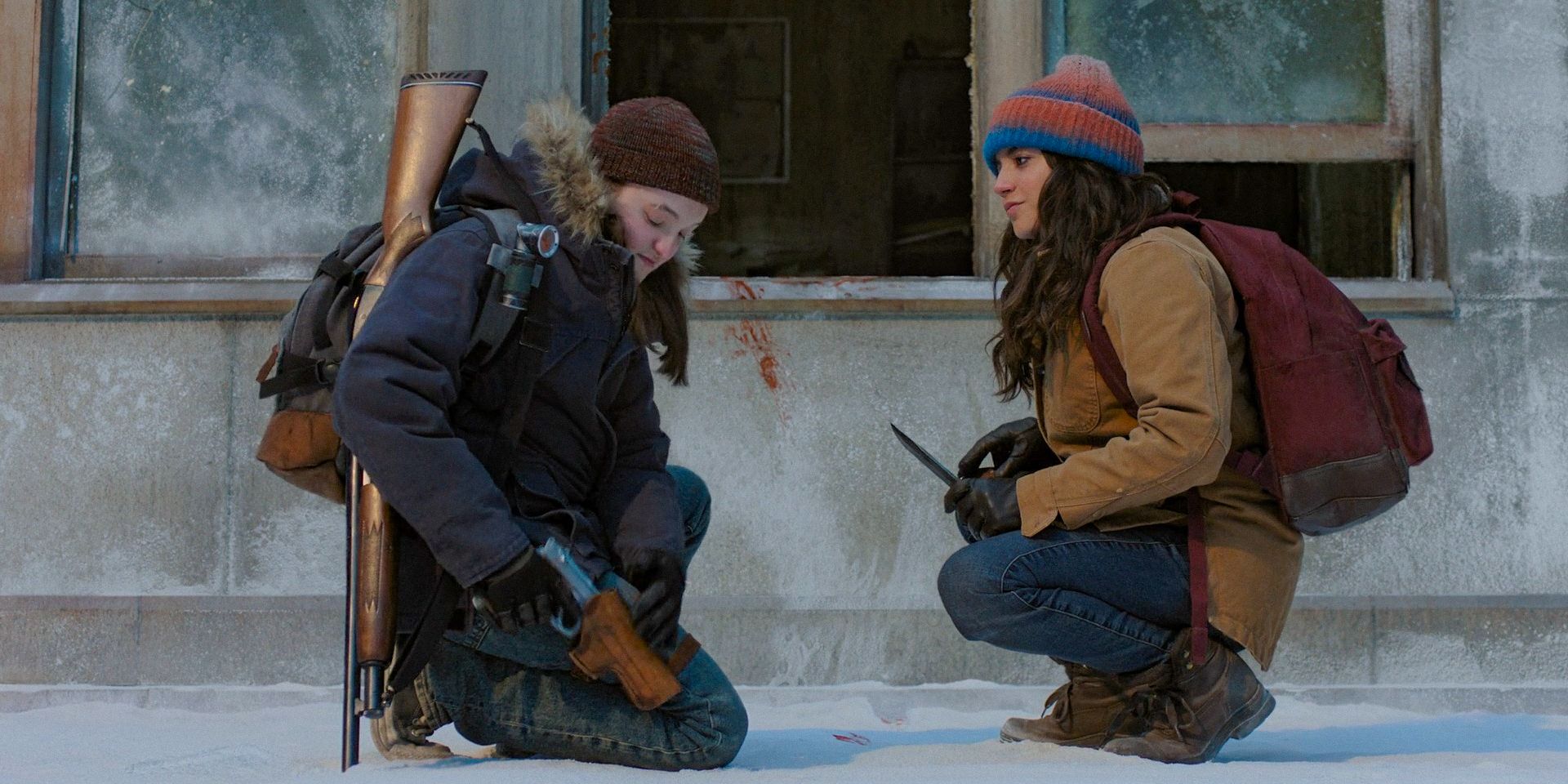After the explosive events of Season 1, The Last of Us returns with a bold leap forward — five years into the future. Season 2 picks up in Jackson, Wyoming, where Joel and Ellie have built a new life, but not without emotional consequences and looming threats.
Life in Jackson
Now 19, Ellie lives in a peaceful, thriving community — but her relationship with Joel has become strained. The reason? Joel’s dark secret: he killed the Fireflies to save Ellie from a deadly surgery that could’ve led to a cure. Ellie suspects the truth, and their bond has quietly begun to unravel. The emotional tension is palpable in the premiere episode, “Future Days.”

New Faces, New Threats
The time jump also introduces Abby, played by Kaitlyn Dever — a soldier with a personal vendetta. Her father was the Firefly surgeon Joel killed, and now she’s inching closer to Joel and Ellie’s quiet life in Jackson. Her arrival signals a wave of revenge-fueled consequences that will reshape the entire season.
Meanwhile, outside the safe walls of Jackson, the world hasn’t gotten any less dangerous. A new type of infected has emerged — stealthy, swift, and more terrifying than ever — proving that the apocalypse continues to evolve.
Complex Relationships
Ellie has found love with Dina (Isabela Merced), a fellow Jackson resident. Their relationship adds a layer of warmth and vulnerability, but it’s not without friction. A New Year’s Eve party incident causes Joel to defend Ellie, but this only deepens the emotional distance between them. Ellie’s struggle with identity, grief, and love forms the heart of the season’s early narrative.
What the Time Jump Really Means
The five-year gap wasn’t just a narrative shortcut — it reflects deep emotional changes and growth. Joel is more protective but haunted. Ellie is older, more independent, and searching for truth. The jump sets the stage for a collision course of love, vengeance, and survival.
As Season 2 unfolds, fans can expect intense emotional storytelling, shocking twists, and a world that feels more alive — and more deadly — than ever before. This isn’t just a continuation; it’s a transformation.
-1742199918-q80.webp)

-1742518594-q80.webp)
